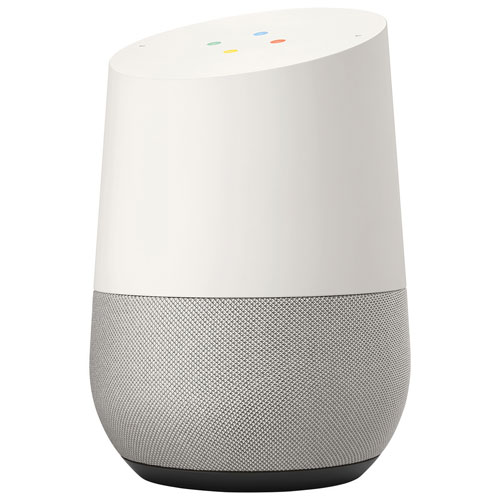
Smart Speakers: The Future of Audio?
Google Home finally comes to Canada this week (Best Buy and other retailers have ’em for sale for less than $200) and unless I’ve missed something, this is the first chance Canadians have to experiment with smart speakers. Meanwhile, the US and Britain have been using Google Home and Amazon’s Echo for some time now and the consensus seems to be that these new devices are the future of audio. Here’s what Forbes has to say.
The time to pay attention to audio is now.
This was the overwhelming sentiment of the speakers at the RAIN Podcast Business Summit presented by NPR. According to Bridge Ratings & Media Analysis, the revenue projections for the podcast industry is set to reach $500 million by 2020. But the summit focused on more than just the booming podcast industry.
Because while the data presented by Edison Research surrounding podcasts is impressive — 67 million people listen every month — smart speakers were the real star of the summit. Smart speakers are wireless playback devices that often feature voice-activated digital assistants.
Smart speakers are still relatively young. Amazon pioneered their first smart speaker, the Amazon Echo, in late 2014 for Amazon Prime members, with a general U.S. release date in August 2015. Google followed their lead, releasing Google Home in November 2016. But considering that 20 million people (7% of Americans) own at least one smart speaker, it’s important for companies to consider the conversation they’re having with their customers.

